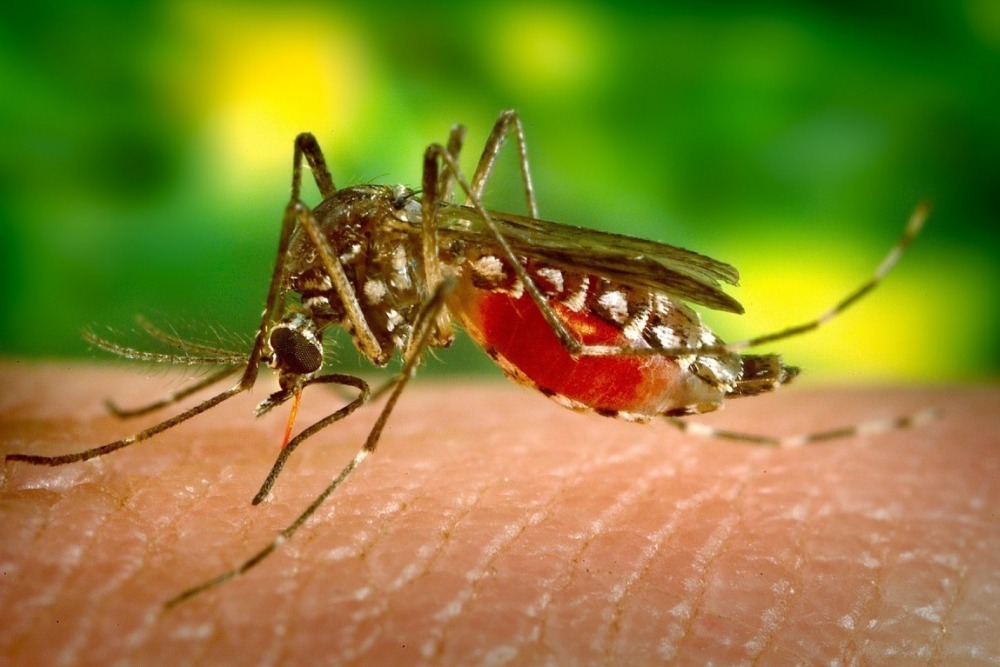
Although scientists have made strides in their understanding of the Zika virus and treatments, National Institute of Allergy and Infectious Diseases warns it would be premature to consider the pandemic over.
NIAID Director Dr. Anthony Fauci and senior adviser Dr. David Morens co-authored an article published in The Journal of Infectious Diseases, which cites ongoing scientific queries, according to an NIAID press release.
Generally referred to as congenital Zika syndrome, the illness comprises birth defects, neurological disorders and encephalitis and can affect the general population. Babies with Zika can be born with microcephaly and a host of complications, sometimes fatal and frequently resulting in delayed development, the release said.
Areas of concern to the authors include geographical factors, mosquito species variation and specific health conditions. They question why Zika is capable of incurring congenital infection along with neurological and other disorders in contrast to other flaviviruses such as dengue fever, the release said.
Additionally, they questioned the potential role of existing immunity to other flaviviruses and whether such resistance to related diseases might relate to Zika contagion.
Fauci and Morens, describing the pandemic as a “profound medical tragedy,” pointed to similar circumstances surrounding congenital rubella in the 1960s prior to the development of a functional vaccine, indicating that today’s Zika challenge might eventually present a template of its own for handling future infectious diseases, according to the release.